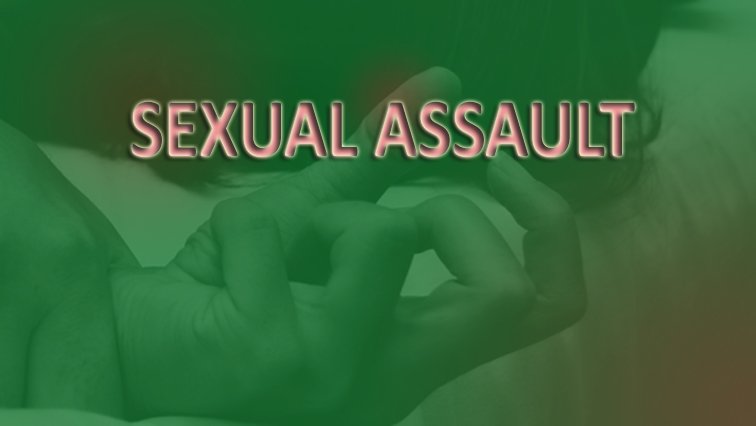Assault victims feel failed by justice system after late disclosure – SABC News

Psychologists, therapists, and trauma counsellors agree that it is not unusual for abuse survivors to speak out years after the incident. They describe this as a common trauma response.
In South Africa, there is no statute of limitations for certain sexual assault cases. However, when incidents are reported years – sometimes decades later, investigations and prosecutions can become complex.
SABC News followed the story of a survivor who says she feels let down by the criminal justice system after recently disclosing an assault that happened nearly 20 years ago.
Alice (not her real name) had been living with a secret for nearly twenty years. Even after finally telling her story, she still struggles to find peace.
“There are a number of emotions that I go through daily. A lot of it is like, what was the point of all of this? All I wanted from this was to be able to move on and past,” Alice says. This, she says, is because after finally gathering the courage to lay charges against her alleged rapists, both cases were dismissed.
In 1998, Alice attended a well-known high school in Cape Town. She says that as a child, she often felt shunned and discarded by other adult figures in her life. Until one teacher took a particular interest in her, making her feel seen for the first time.
By 2000, they were engaging in sexual acts when Alice was 15 years old. At that point, she had no clue what grooming was, or that she was being groomed.
Dr Shaheda Omar of the Teddy Bear Foundation says disclosure is not a single event, but a process.
“But unfortunately, we see that victims of abuse do not come forward, for various reasons. There is also grooming that we have to take into consideration, where the victim at the time of the actual abuse does not realise that they are subjects or victims of sexual exploitation. And sometimes, we find that when victims cannot cope with what has happened, they dissociate themselves from that experience or memory. So they completely separate it from themselves, and it’s repressed, and one would find years after the fact, this victim may be exposed to certain triggers.”
The alleged abuse continued until her Matric year, but she managed to block out the memories – until 2023.
In 2023, a former classmate raised the issue about alleged sexual abuse at their school. Alice says that soon after this, more people, also former pupils, came forward. Hearing these stories triggered her, and only then did she realise what she had been through.
And while her exact timelines are vague, she recalls that another teacher at the school also started preying on her. That year, Alice laid charges against the alleged rapists; she got lawyers from Legal Aid, the matter went to court, and both cases were dismissed.
This, despite her saying she had evidence, including witness statements.
[WATCH] Teddy Bear Clinic’s Dr Shaheda Omar has called on President Cyril Ramaphosa to declare the violence against children in SA, as a national pandemic. This follows the death of the four-year-old girl from Eldorado Park after being beaten and sexually assaulted, allegedly by… pic.twitter.com/Vle1KuBdgz
— SABC News (@SABCNews) August 8, 2025
Lack of resources
Dr Omar says the lack of resources within the National Prosecuting Authority (NPA) is one of the reasons why victims are afraid to disclose their assault and why rape cases are not always handled correctly.
Omar says these types of cases are challenging to prosecute because of the shortage of staff and resources. She also says there isn’t enough understanding and sensitivity when it comes to these cases.
“We need to realise that there aren’t specialised skills provided. They are under-capacitated, under-resourced. Definitely not tarnishing the reputation of the NPA, but ensuring that they step up and get specialised training, and have resources to do their work properly in this field,” adds Omar.
